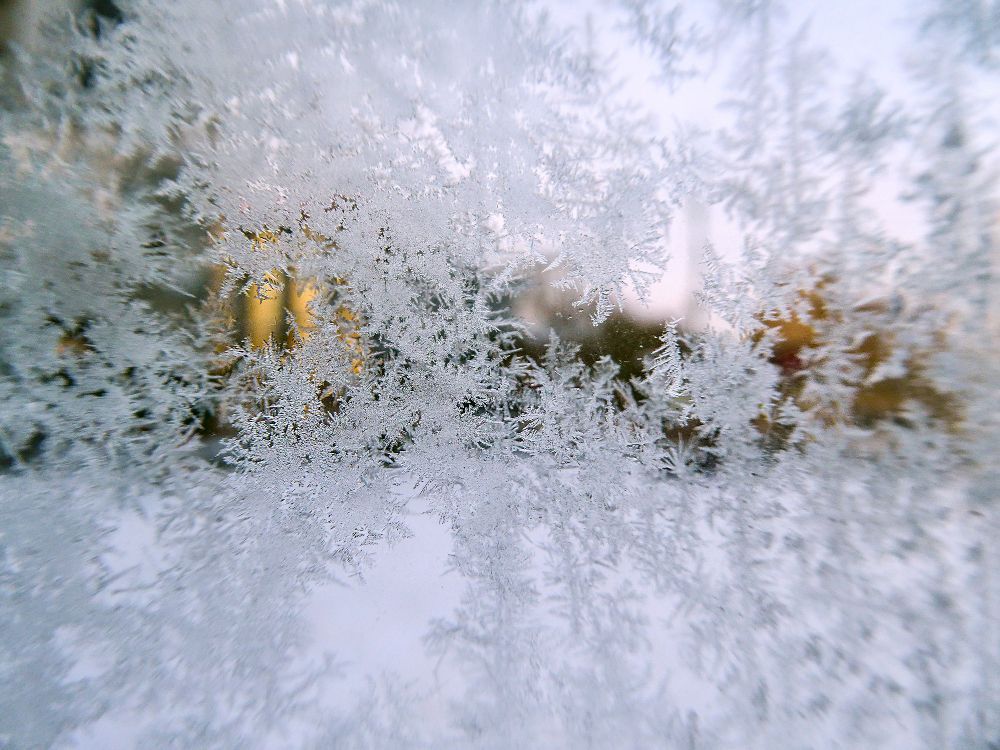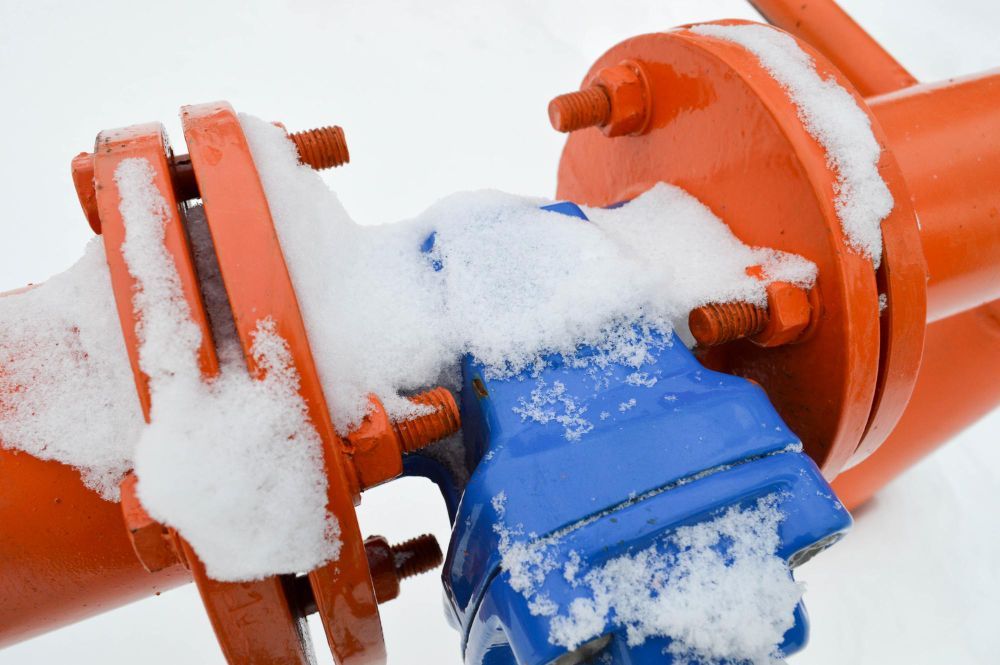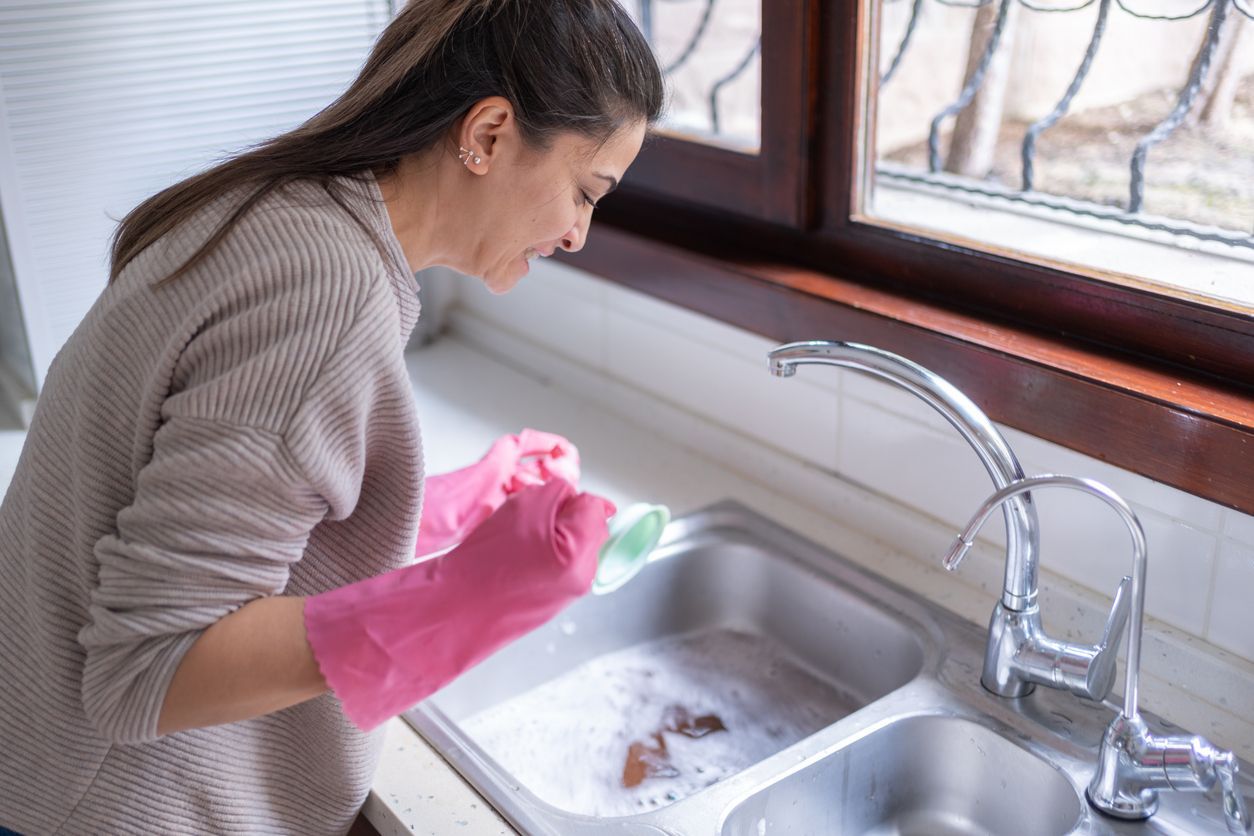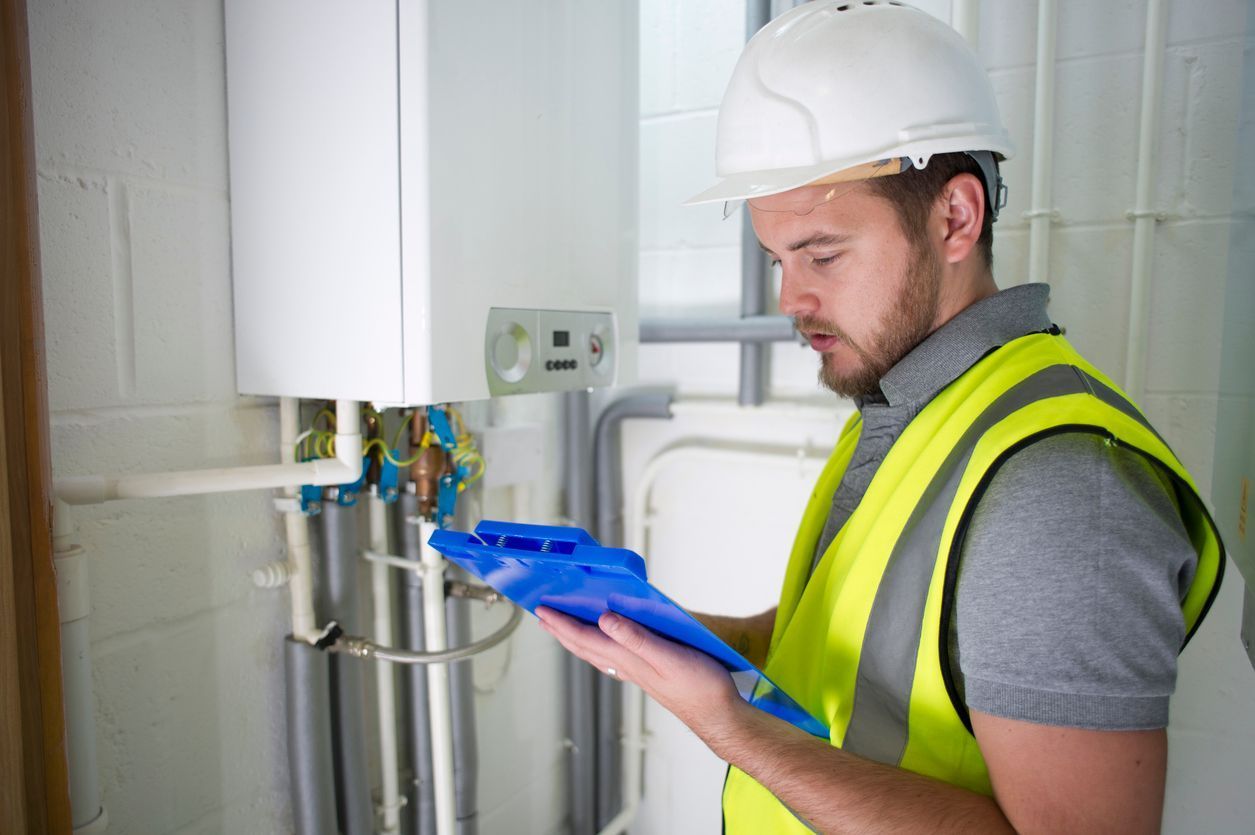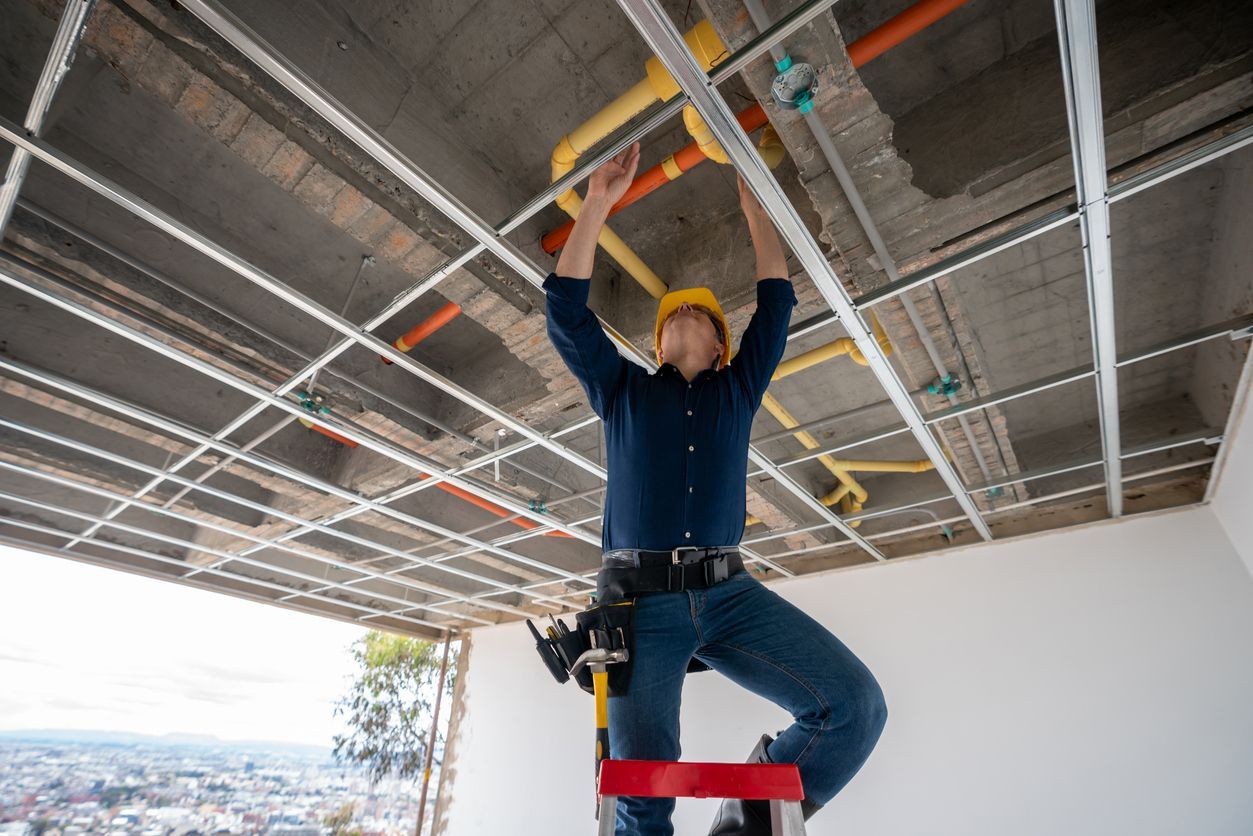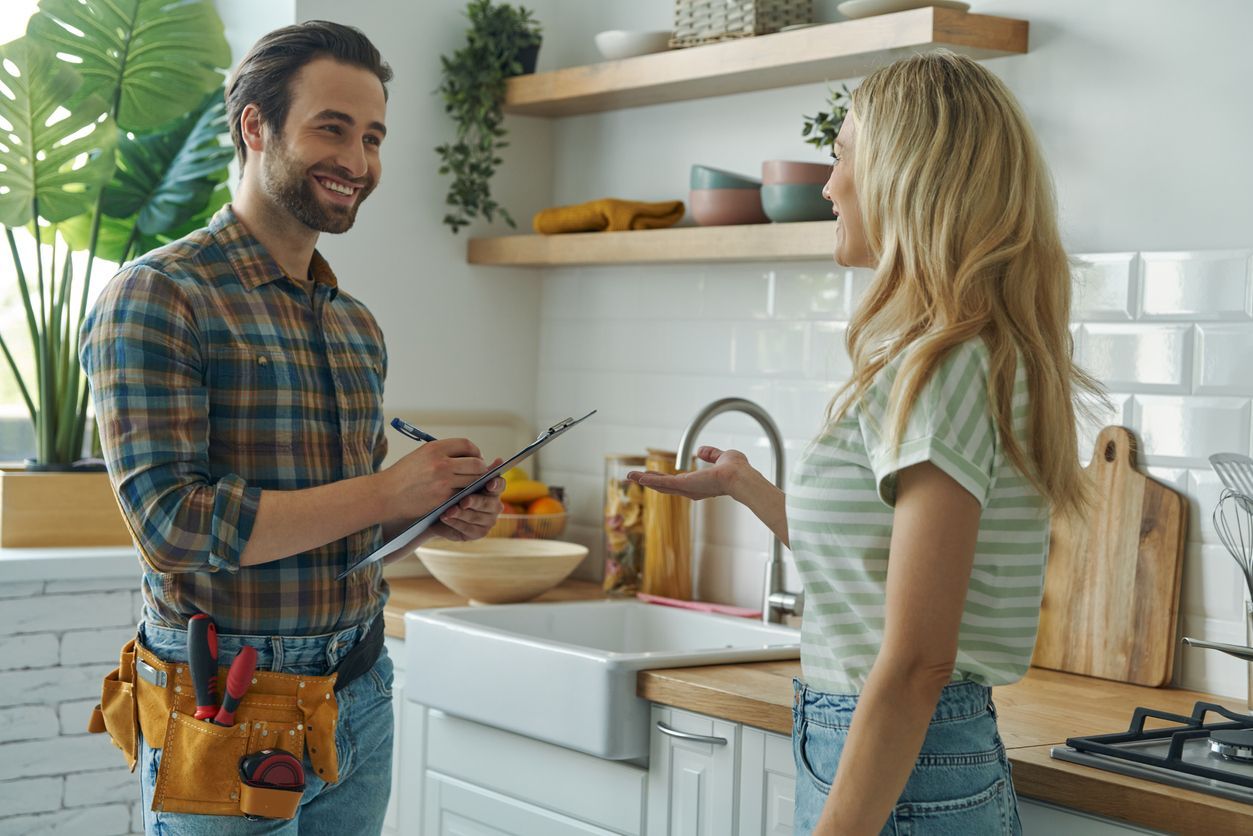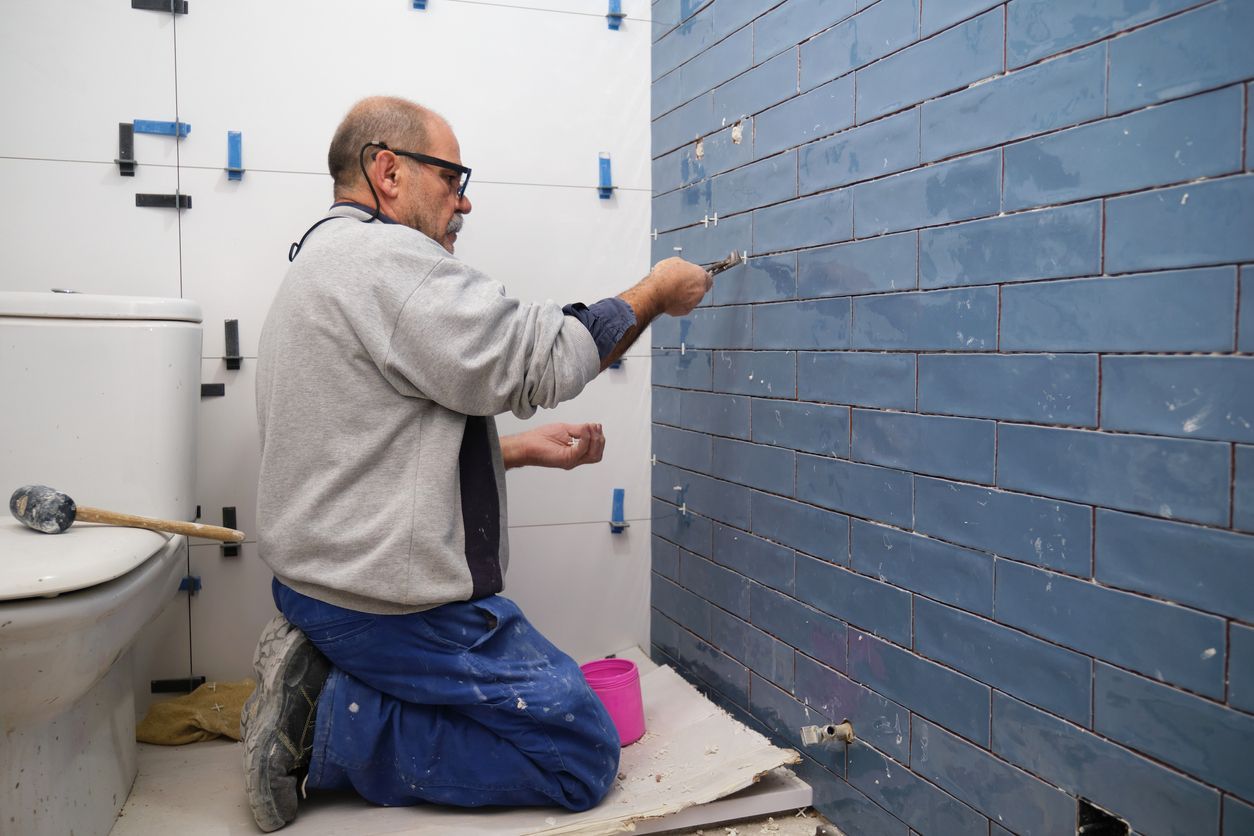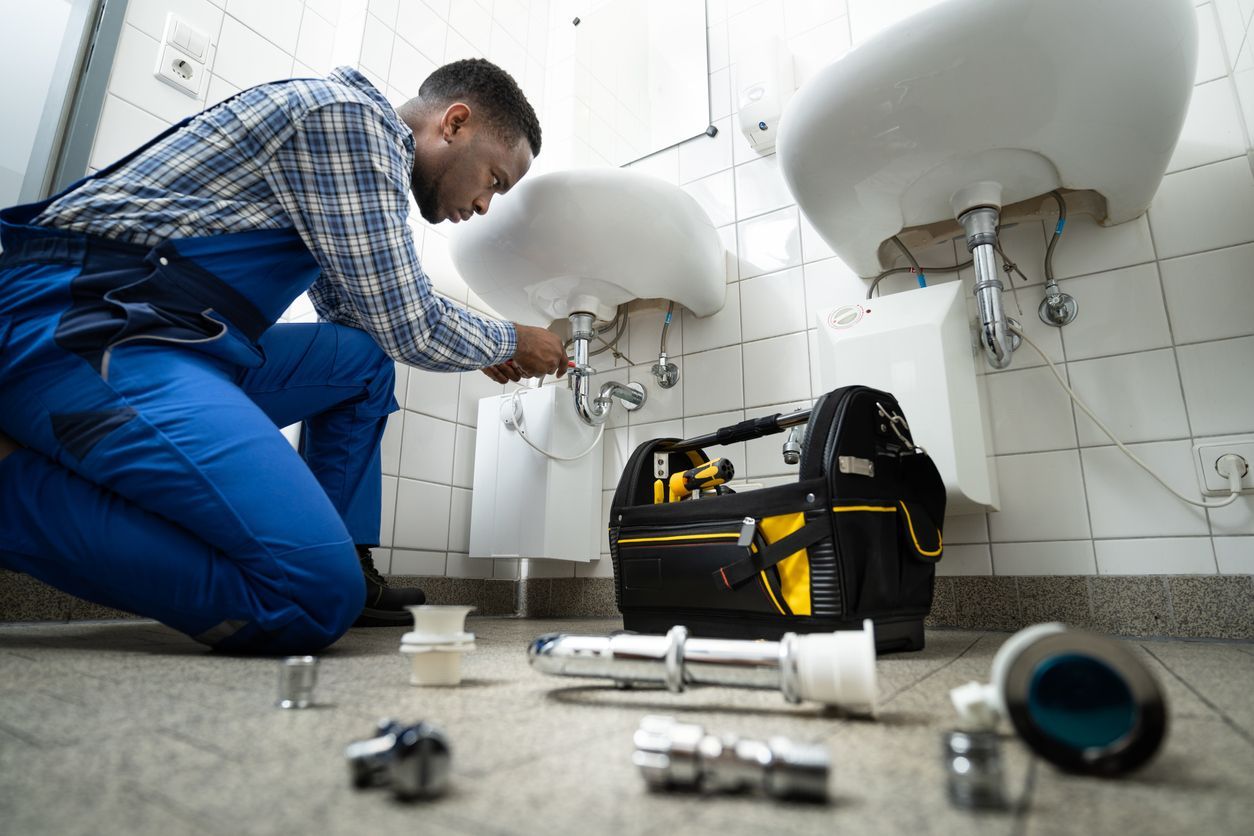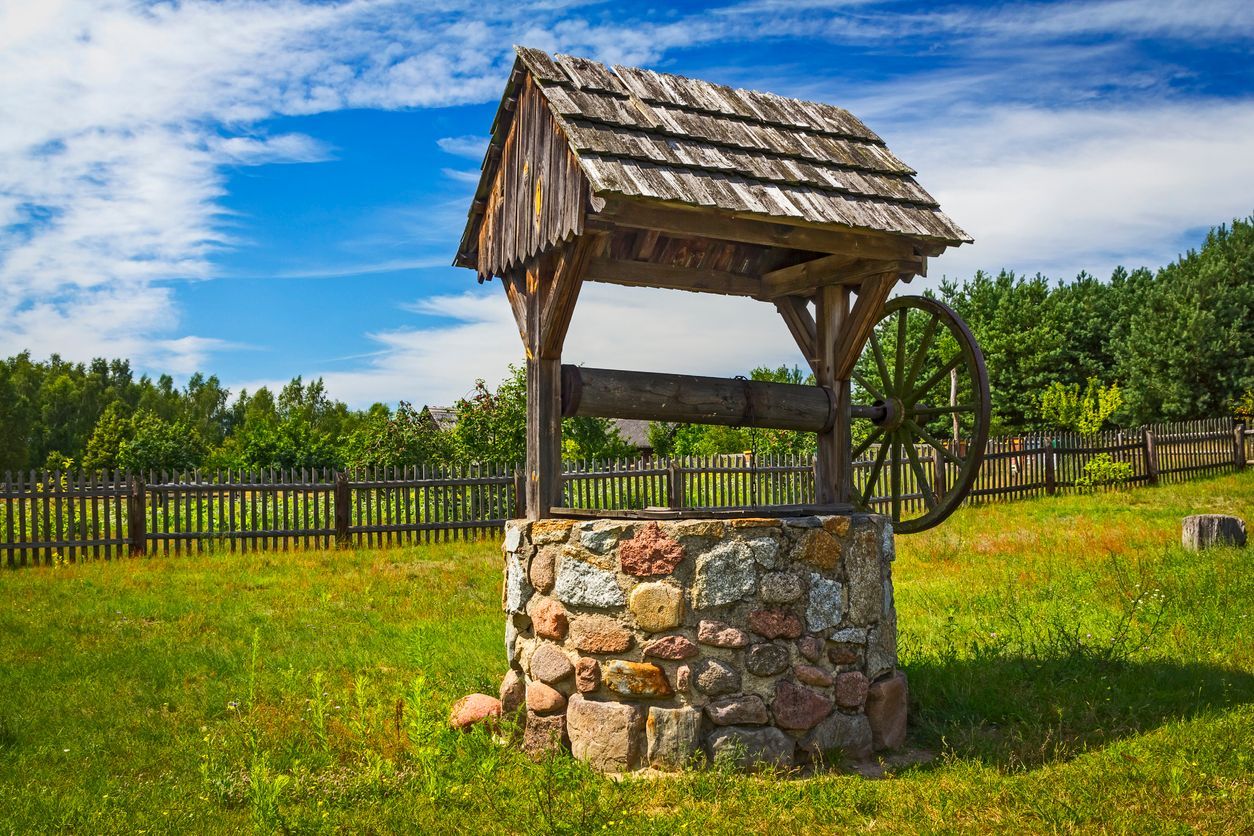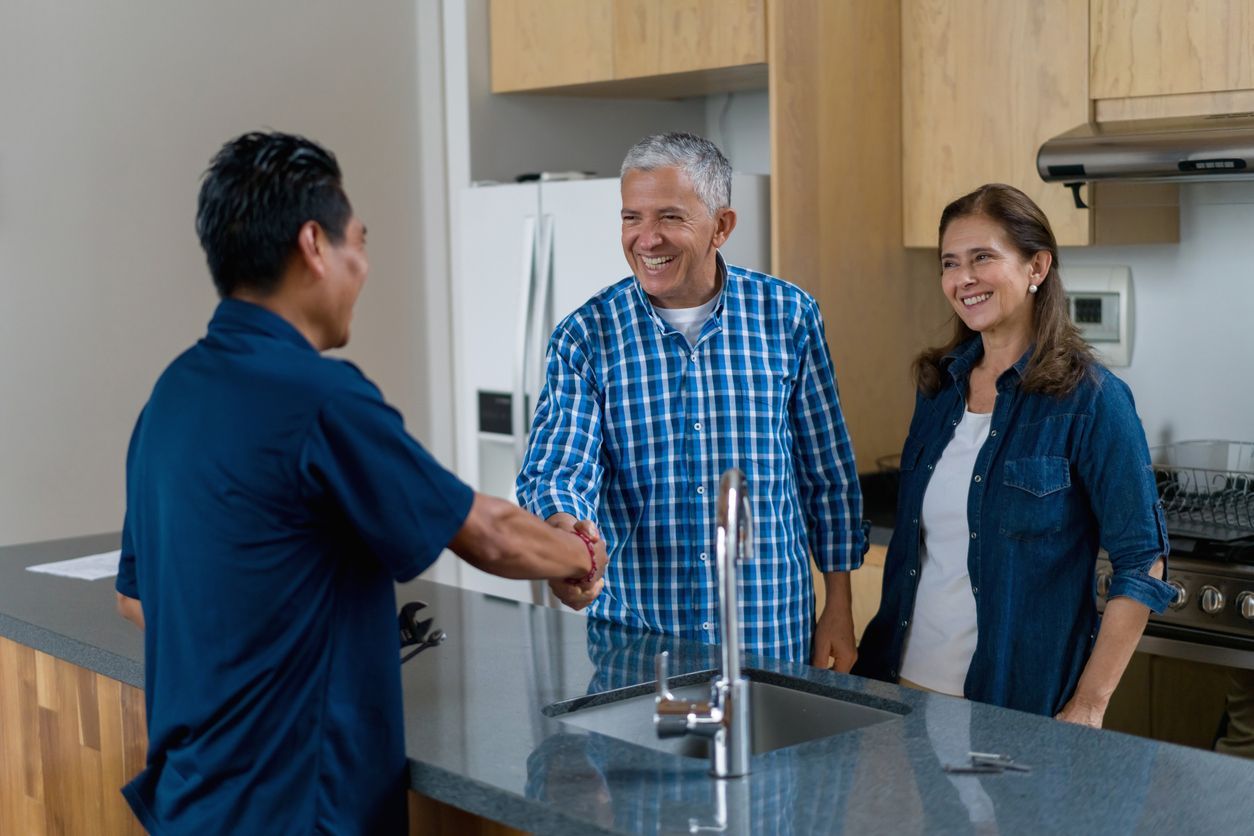What's With My Water?
What's With My Water?
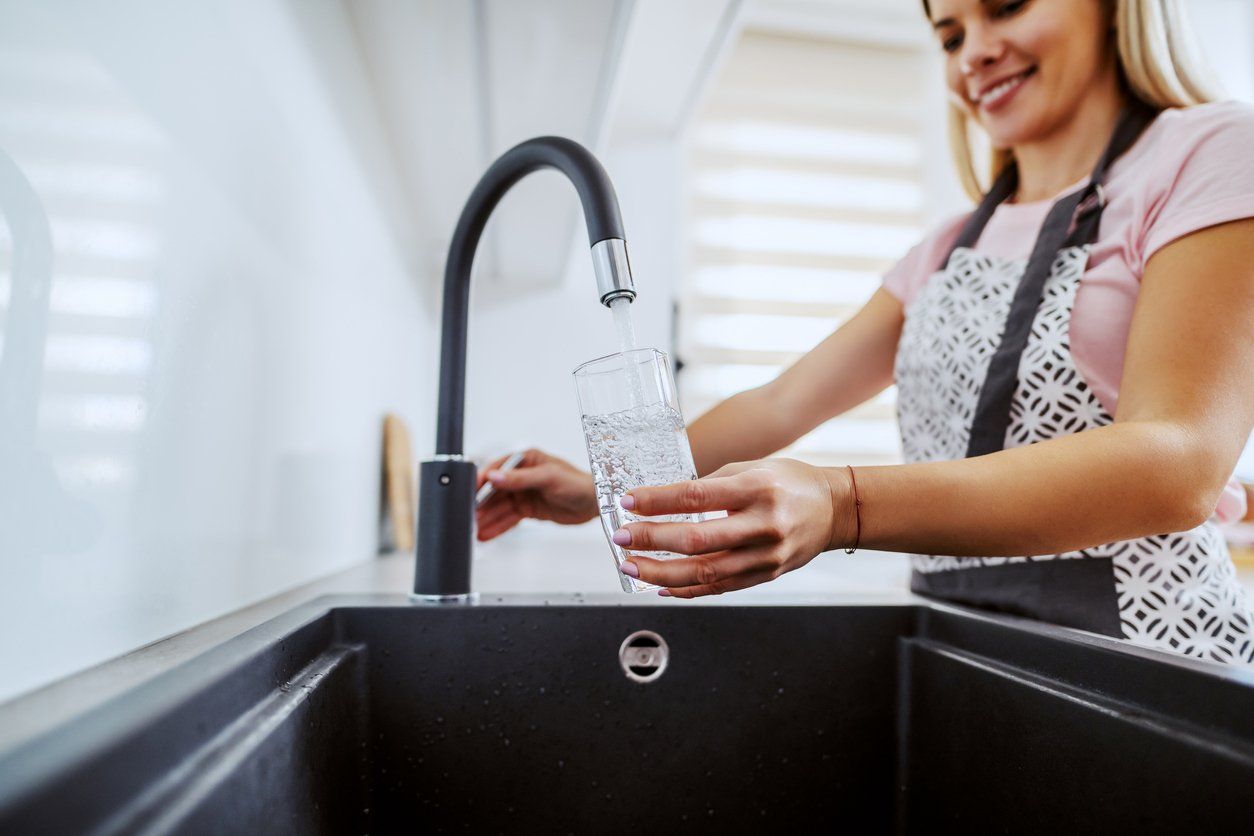
Regardless of where your water comes from, there can be problems. Minerals, chemicals, sediment, and other elements can cause the water to taste or smell bad. After showering, if you just don't have that fresh and clean feeling, or drinking a glass of water isn't nearly as refreshing as it should be, something is not right with your water. Read on to find out what might be causing it and what you can do about it.
Bad Odor
First, the smell. It's important to note if the smell is only coming from a couple of faucets, or if the whole water supply is affected. Likewise, if the temperature affects the smell, that gives you a clue where the smell is coming from and what's causing it. Here are a few things your water might smell like, and why:
1) Chlorine/chemical smell
This is fairly common, especially for people on city water. Small amounts of chlorine are normally added to ensure the water is safe from bacteria. If you've had a recent storm in the area or a sudden increase in water, officials have likely added an extra dose to take care of any contaminants that were unexpectedly added to the water supply.
If you've tested your water for chlorine and it's over 2.0 ppm, contact your water supplier and do not drink the water. If it's under 2.0 ppm, the problem should go away after running the faucets for a couple of minutes. If the smell still bothers you, letting the water sit in the fridge for a bit before drinking should cause the smell to disappear. If you're not on city water and experiencing this issue, contact a professional to have your system flushed.
2) Earth/organic smell
This means there is decaying matter somewhere in your system, which is not necessarily dangerous. You might notice you can only smell the stench when the faucet is on, but the water itself smells fine. If this is the case, use a simple baking soda and vinegar mixture to clear out the substance. If the water itself smells, a tank may need to be cleaned out, or you may need to install an activated carbon filter and/or automatic chlorinator.
3) Egg/sulfur smell
This is pretty familiar to most people, and it means a certain type of bacteria has made its way into your system. To fix the problem, follow the same advice as above.
Bad Taste
The most common causes for bad tasting water were mentioned above, but specific tastes may include:
- Hydrogen Sulfide (the egg, sulfur smell)
- Chlorine
- Metallic taste
While we've already covered how to treat the first two, treating minerals in the water is a different process. If you're tasting some kind of metallic substance in your water, get it tested. While there will be trace amounts of various minerals in your water, some can be harmful, both to the plumbing system and to your physical health.
To find out more about treating abnormal tasting/smelling water, contact us at NJ Plumbing for thorough service, including tank assessment, repair, and cleaning, and filter installation.
